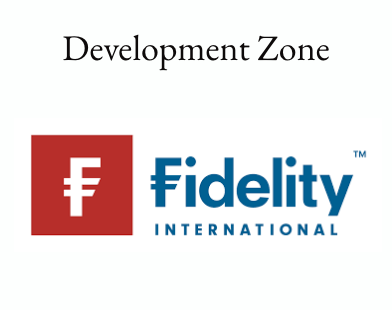A new report from Criterion and Next Wealth has highlighted the need for a shake-up of MPS systems and processes if consumers are to receive the best outcomes.
The research, conducted by Next Wealth on behalf of Criterion, among 51 DFMs running discretionary MPS offerings, found that disjointed and manual processes used for the management of model portfolios on platforms are leading to inconsistent and unreliable outcomes for end-clients.
The report found that DFMs are taking the brunt of the costs but ultimately it is financial advice firms who have the responsibility for the advice service and the client who loses out in the current process.
One of the greatest concerns highlighted in the report is the inconsistent treatment of clients during the rebalance of a model portfolio and the risk of clients being missed from a rebalance. The report found that due to the friction in the market, rebalancing of portfolios could take up to 100 hours.
“For DFMs rebalancing monthly, this is in effect like painting the Fourth Bridge, no sooner have you finished than you have to start again,” said Billy Burnside, managing director of Criterion.
The inefficiency in the system means that consumer outcomes are being dictated by the industry’s operational issues. As well as the rebalancing delays, this could see errors in manual processing, missed trades, CGT issues and reporting inconsistencies, among others.
The issues have in part arisen due to the exceptional strong growth of the MPS market – up 28% from £96bn AUM in 2023 to £123bn today* – with legacy technology, systems and processes unable to cope with volumes they were not designed to handle.
Additional issues arise where DFMs may have their MPS offerings sitting on potentially 20 platforms or more, each with different ways of working, Burnside explains. “DFMs may have to undertake the same rebalancing process across each individual platform, which means not only does it take a huge amount of time but they have train their staff to learn 20 different ways of working. This represents a substantial cost to DFMs.”
As the market continues to grow – currently, 44% of financial advice professionals use discretionary MPS and 24% expect to increase their use in the next 12 months* – these issues are expected to be exacerbated.
The report points out that advisers need to be equipped to accurately assess the risk and operational resilience of the solutions they recommend for their clients through their due diligence processes.
Questions an advice firm might ask of a DFM partner, the report suggests might include:
- What processes do you have in place to ensure that all clients invested in a particular model will successfully rebalance?
- In what timeframe do you aim to complete a rebalance, and if the process takes longer, how do you mitigate against missed opportunities and time spent out of market?
- How automated is your rebalancing process and how reliant is it on manual four-eye checks (in which data is visually checked for error by an additional analyst)?
- Does your rebalancing process involve rekeying data across spreadsheets?
Criterion is working with platforms and discretionary managers to encourage the adoption of Standards for MPS reporting, data and processes, which will enable greater consistency and robustness of the MPS process.
The standards body has put in place a three tier system – bronze, silver and gold – representing three levels of upgrades to current practices that would benefit the end-client and help secure the future for the sustainable growth of MPS. The different levels aim to enable improvement across all operations no matter their current capabilities.
As an example, Burnside said: “Within our MPS Standards framework is a pre-rebalance report that would indicate to a DFM which clients will successfully rebalance and if that doesn’t include 100% of clients in the model, then it would highlight the reasons for this, for example that a withdrawal is already in process. A post-rebalance report would confirm the success or failure of the rebalance.”
While the Standards can support efficiencies across the range of operations in the market, they are not a silver bullet for all the issues, Burnside added. Rather, they are “an important part of the jigsaw. The solution needs the industry to come together and invest in the systems and processes which over time will move the industry towards the gold standard.
“Criterion has a long history of supporting the industry to find solutions to common problems. Our hope is that MPS Standards will serve as a ‘kitemark’ to signify to advisers that the DFM and the platform that will manage their clients’ money, use robust processes.”
* Source: NextWealth’s MPS Proposition Comparison Report
Main image: maxime-valcarce-mAj8xn5zXsk-unsplash
































